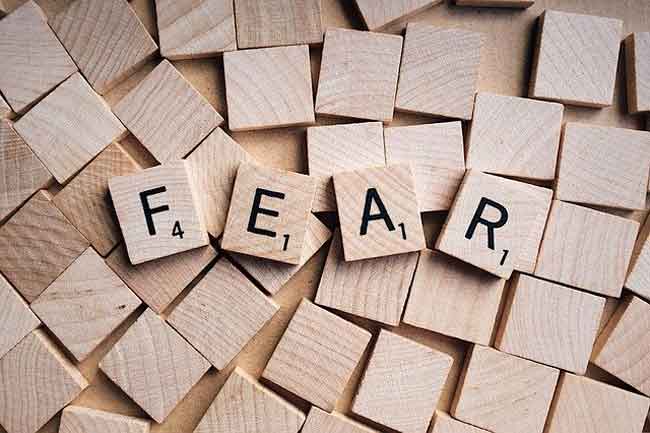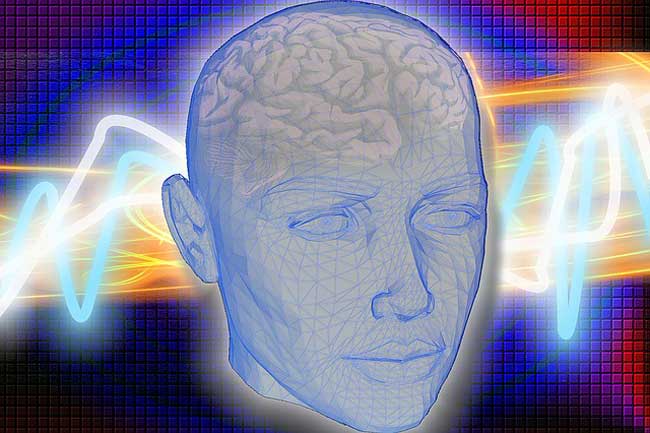For a while now people have speculated as to whether binaural beats work properly with noise cancelling headphones. And even if they do, is there some negative impact on the frequencies involved? A simple yes or no can answer this question. But to put your mind at rest, it is important to understand how this type of headphone works.







